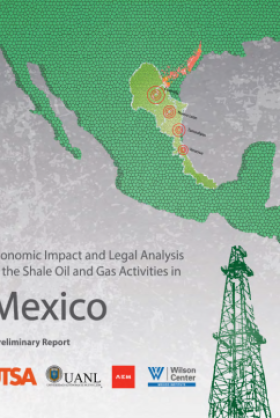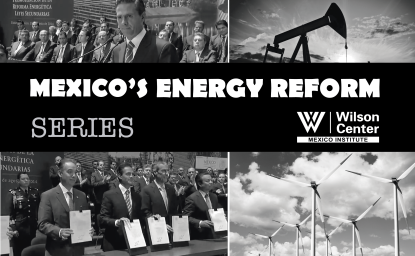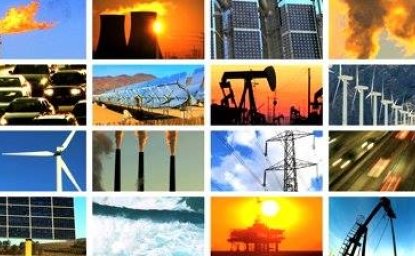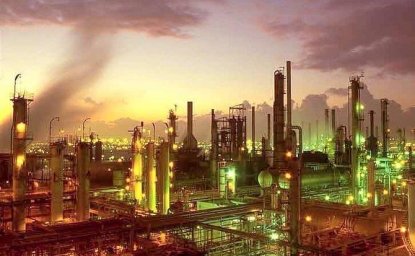Economic Impact and Legal Analysis of the Shale Oil and Gas Activities in Mexico


Opportunities for unconventional or shale oil and gas production in Mexico are in the earliest stages of development. While shale gas production increased significantly in the U.S. over the past decade or so, and shale oil production over the past few years, no other country in the world has yet to replicate that success. Due to its close proximity to major shale field development in South and West Texas, Mexico is particularly well positioned to take advantage of unconventional extraction techniques. However significant challenges will have to be addressed.
This preliminary report focuses on the impacts the Energy Reform will have on the Mexican Economy. The core study area concentrates on the economic impact on the following states: Coahuila, Nuevo León, Tamaulipas and Veracruz. This report contains a general overview on the Energy Reform, an economic background on oil and natural gas (especially trade between the U.S. and Mexico), a state level profile, infrastructure, and educational issues specific to oil and natural gas activities.
The purpose of the study is to gauge the growth and the effects that the oil and natural gas industries have for residents and decision makers in the aforementioned Mexican States. Although industry developments and other social issues may be still considered, the scope and breadth of these impacts are very large, and tangible effects on the region will be felt for years to come.
Authors


Mexico Institute
The Mexico Institute seeks to improve understanding, communication, and cooperation between Mexico and the United States by promoting original research, encouraging public discussion, and proposing policy options for enhancing the bilateral relationship. A binational Advisory Board, chaired by Luis Téllez and Earl Anthony Wayne, oversees the work of the Mexico Institute. Read more

Explore More
Browse Insights & Analysis
Energy Reform Series


